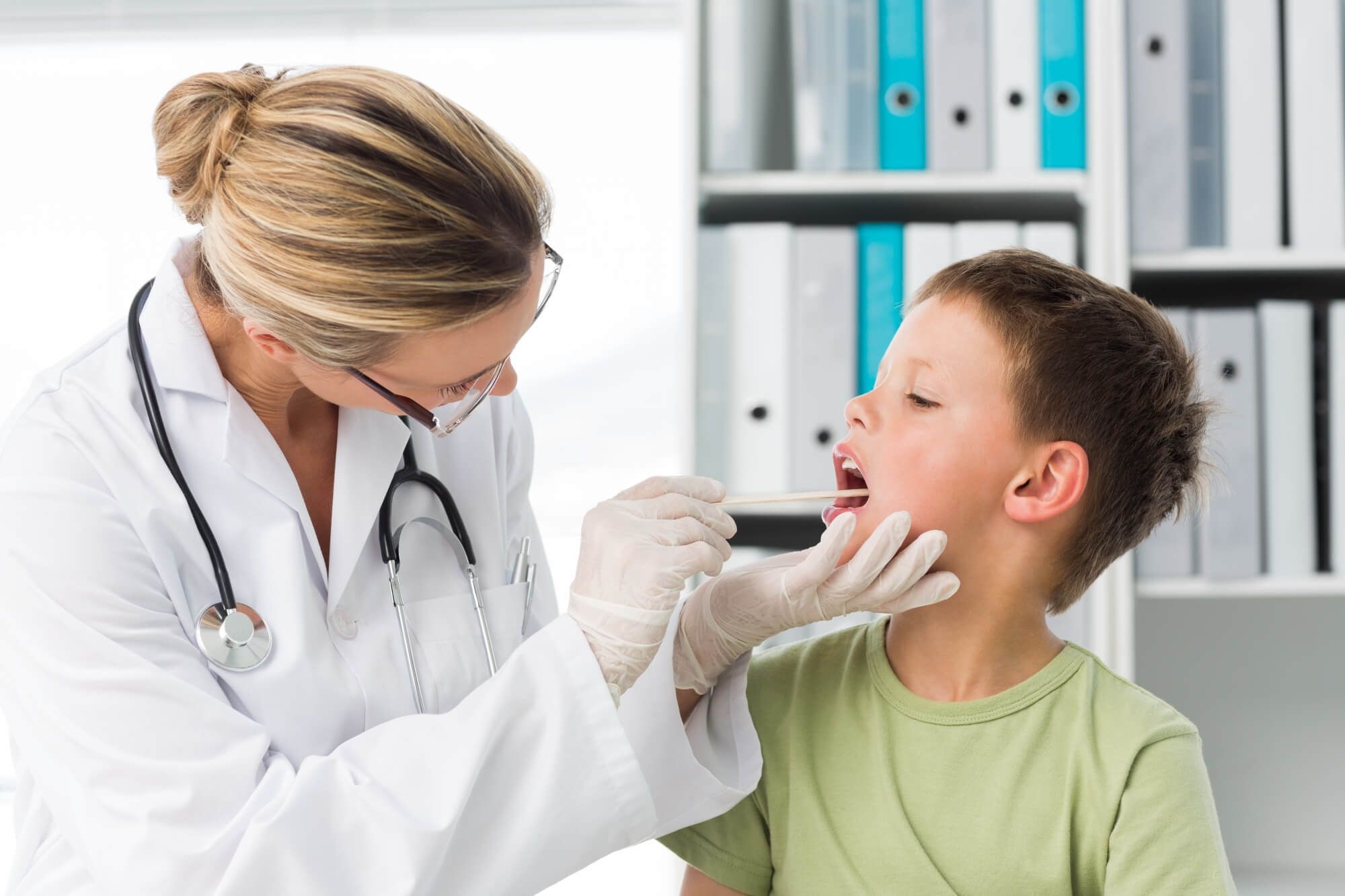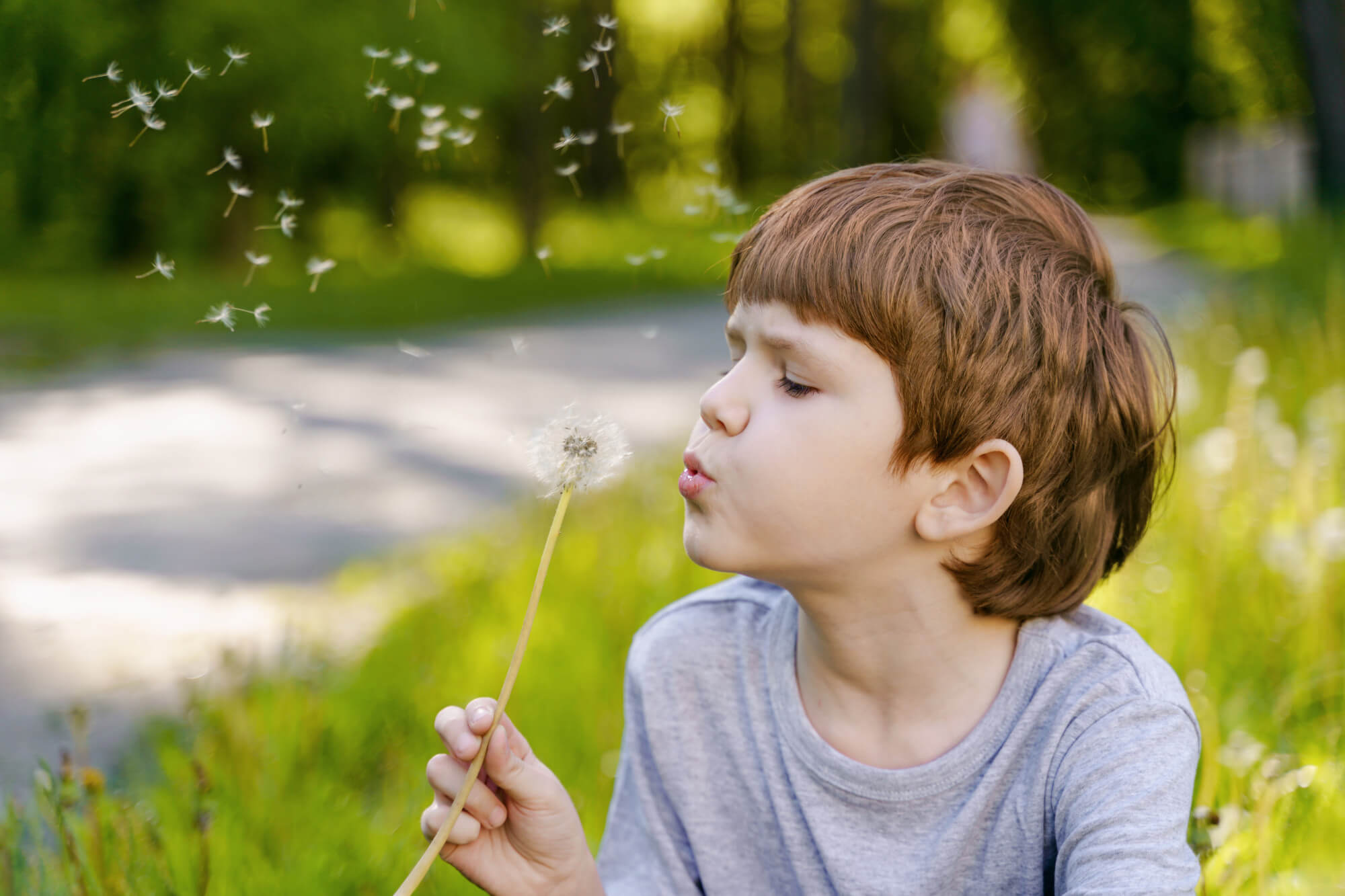Allergic laryngitis: how to recognize it and what to do?


Viktor Levchenko
Allergic laryngitis is a disease caused by exposure of the laryngeal mucosa to allergens. It can occur in both children and adults and can be acute or chronic. In this article, an experienced allergist will discuss the causes, symptoms and treatment of allergic laryngitis.
Varieties of allergic laryngitis
There are two main forms of allergic laryngitis: acute and chronic. Acute laryngitis usually develops suddenly, with rapid deterioration and pronounced symptoms. Chronic laryngitis runs with less pronounced symptoms and is characterized by a long course of the disease.
Causes of allergic laryngitis

- Plant pollen can cause allergic laryngitis in people with seasonal allergies. Exposure to pollen on laryngeal mucosa can cause inflammation and irritation.
- Certain foods, such as dairy products, eggs, nuts, or fish, can cause allergic laryngitis in people with food allergies.
- Hair, dander, and saliva from pets such as cats and dogs can cause allergic laryngitis in people with animal allergies.
- Some medications, such as antibiotics or aspirin, can cause allergic laryngitis in people who are allergic to these medications.
Factors that worsen allergic laryngitis
Factors that can worsen allergic laryngitis include smoking, air pollution, chemical exposure, and stress.
Symptoms of allergic laryngitis
- Common symptoms of allergic laryngitis include itchy and red eyes, stuffy nose, sneezing, itchy throat, and runny nose.
- Allergic laryngitis can cause voice changes such as hoarseness, hoarseness, or loss of voice.
- Allergic laryngitis can cause difficulty breathing, shortness of breath, and a feeling of tightness in the throat.
- A dry or wet cough may be a symptom of allergic laryngitis, especially if it is caused by irritation of the larynx.
Diagnosis of allergic laryngitis

To diagnose allergic laryngitis, the doctor may prescribe a general blood test, allergy tests, as well as laryngoscopy - examination of the larynx with a special instrument.
Treatment of allergic laryngitis
The main principles of treatment of allergic laryngitis are the elimination of contact with the allergen, medication and, if necessary, non-medication methods.
Medication
Antihistamines such as cetirizine, loratadine, or fexofenadine are used to relieve allergy symptoms and reduce inflammation.
In some cases, especially in severe forms of allergic laryngitis, the doctor may prescribe hormonal drugs such as prednisolone or dexamethasone to reduce inflammation and swelling of the larynx.
Anti-cough medications such as butamirate or dextromethorphan may be prescribed to relieve coughing caused by allergic laryngitis.
Nonmedicamental treatment
Following a diet that eliminates potential allergens, as well as avoiding smoking and reducing exposure to harmful factors may help reduce the symptoms of allergic laryngitis.
Physical therapy treatments such as UHF, inhalation, or electrophoresis may be prescribed to reduce inflammation and improve the condition of the laryngeal mucosa.
Natural remedies

Some folk remedies, such as inhalations with decoctions of herbs, compresses on the throat or throat flushing with a salt solution, can be used as an additional treatment for allergic laryngitis. However, before using herbal remedies, p It is advisable to consult a doctor before using folk remedies.
Prevention of allergic laryngitis
Prevention of allergic laryngitis includes the following measures:
- Avoiding contact with allergens: try to avoid contact with known allergens that cause your reaction.
- Maintaining a healthy lifestyle: eating a healthy diet, getting regular exercise, and quitting smoking can help strengthen your immune system and reduce your risk of developing allergic laryngitis.
- Humidifying the air indoors: Using a humidifier can reduce mucosal irritation and reduce the risk of allergic laryngitis.
- Regular airing of rooms: this helps to reduce the concentration of allergens in the air and reduces the risk of developing allergies.
- Hygiene: washing your hands, face and nasopharynx regularly can help reduce the amount of allergens that reach your mucous membranes.
Allergic laryngitis is a common condition that can occur in children and adults. It is important to know about the causes, symptoms and treatment of allergic laryngitis in order to see a doctor in time and take the necessary measures. Taking preventive measures and paying attention to your health will help reduce the risk of allergic laryngitis and improve your quality of life.
New materials
Popular Articles
We recommend reading
Contact us in the Contact Us section to ask questions, offer ideas, or for more information about our allergy resource.
Our articles are your trusted source of allergy knowledge. Learn how to make life with allergic reactions easier on our specialized portal.
©
Lechenie-Allergii.com. All rights reserved.
© Lechenie-Allergii.com. All rights reserved.
The information on this site is for informational purposes only and is not a substitute for professional medical advice. We recommend consulting with qualified medical professionals for accurate information and advice.
 English
English  Українська
Українська  Русский
Русский 









